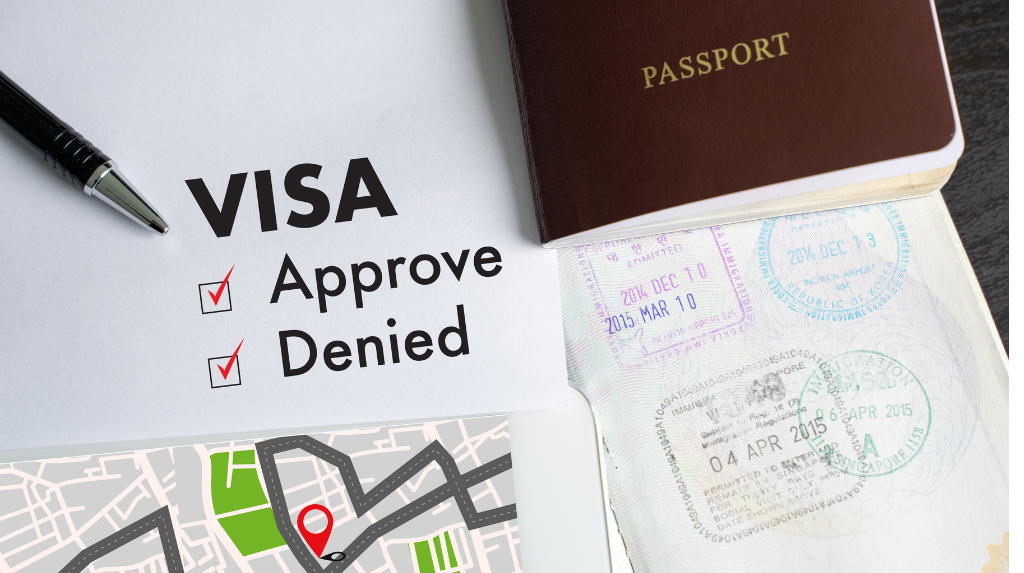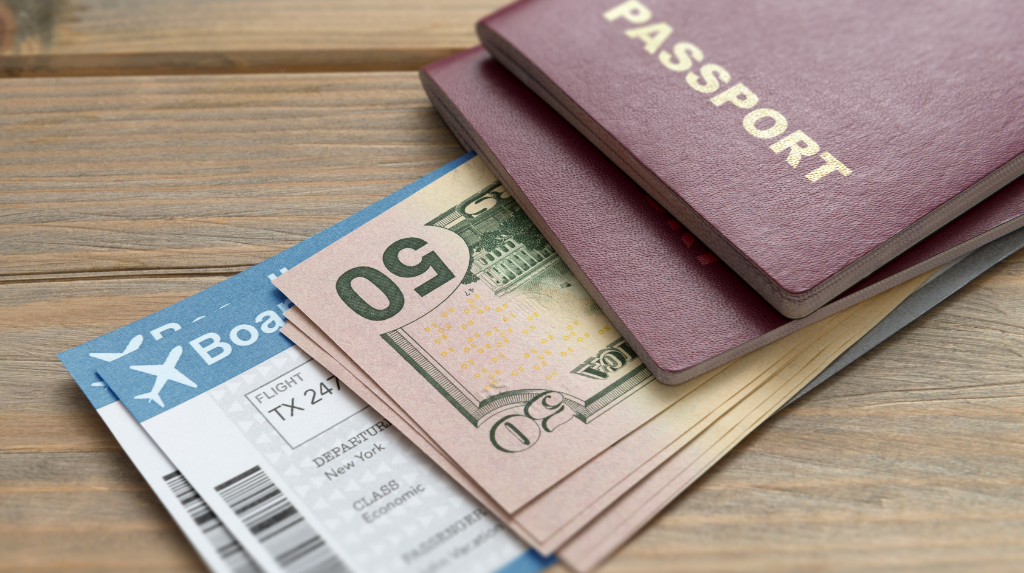Singapore is a land of opportunities and dreams for many, but visa rejections can be a major setback. If you’re facing a visa rejection in Singapore, this comprehensive guide will help you understand the appeal process, requirements, and strategies to increase your chances of a successful appeal.
Understanding Visa Rejections
Visa rejections can be disheartening, but it’s crucial to understand that they occur for various reasons. It could be due to incomplete documentation, discrepancies, or other factors. Knowing the specific reason for your rejection is the first step.
Reasons for Visa Rejections
Visa rejections in Singapore can happen for reasons such as inadequate financial proof, incomplete forms, or discrepancies in information. Understanding the specific cause of your rejection is essential for a successful appeal.
When to Consider an Appeal
Before deciding to appeal, assess the grounds of your visa rejection. If you believe there is a valid reason, such as new evidence or corrections to your application, you should consider an appeal.
Preparing for the Appeal
Preparation is key to a successful appeal. Review your rejection letter, gather all necessary information, and plan your appeal strategy. Make sure you address the specific reason for your rejection in your appeal.
Crafting a Compelling Appeal Letter
Your appeal letter is your chance to persuade the authorities. Write a well-structured, concise letter that explains your situation, addresses the rejection reason, and presents your case clearly and convincingly.
Gathering Supporting Documents
Support your appeal with strong documentation, including updated financial records, employment letters, and any other relevant evidence. The more comprehensive your documentation, the stronger your appeal.
Submitting Your Appeal
Follow the official guidelines for appeal submission provided by the Singaporean authorities. Ensure that you meet all deadlines and include all necessary documents. Pay attention to any fees associated with the appeal.
What Happens After You Appeal
After submitting your appeal, the authorities will review your case. Be prepared for a waiting period, and stay updated on the status of your appeal. Keep communication channels open in case additional information is required.
Frequently Asked Questions (FAQs)
What are the common reasons for visa rejections in Singapore?
Common reasons include inadequate financial proof, incomplete application forms, and discrepancies in provided information.
When should I consider appealing a visa rejection?
Consider appealing if you believe there are valid grounds for reconsideration, such as new evidence or corrections to your application.
How can I increase my chances of a successful appeal?
Increase your chances by addressing the specific reason for your rejection, providing strong documentation, and writing a compelling appeal letter.
What documents should I include in my appeal?
Include updated financial records, employment letters, and any other relevant evidence that supports your case.
What is the timeline for the appeal process?
The timeline can vary, but it’s essential to meet all deadlines provided by the authorities and stay patient during the review process.
Is an appeal a guarantee of visa approval?
No, an appeal is not a guarantee of approval. It’s a formal procedure to present your case for reconsideration, and the final decision rests with the immigration authorities.
In conclusion, appealing for a visa rejection in Singapore can be a challenging process, but with the right approach, it’s possible to turn things around. Understanding the reasons for rejections, preparing a strong appeal, and providing compelling documentation are essential steps. Remember, persistence and patience are key throughout this journey.
Do you need assistance with your Singaporeans visa appeal?
Contact our team of skilled immigration lawyers to discuss your visa and immigration needs.
Call us on +234 812 5505 986 or WhatsApp us at +234 818 1547 085 for immediate assistance with your situation. We are available to assist you in person, over the phone, or online.





